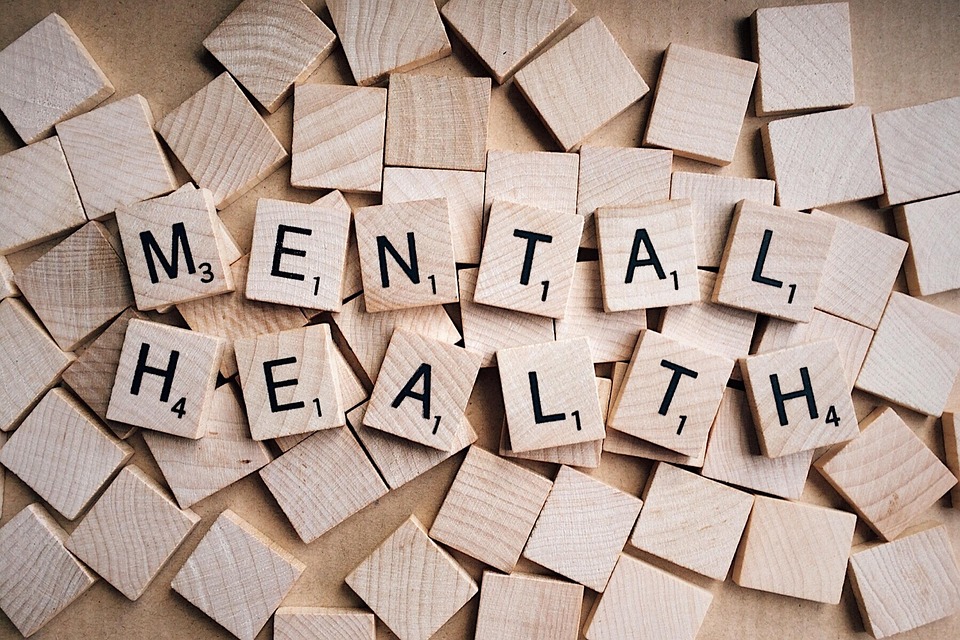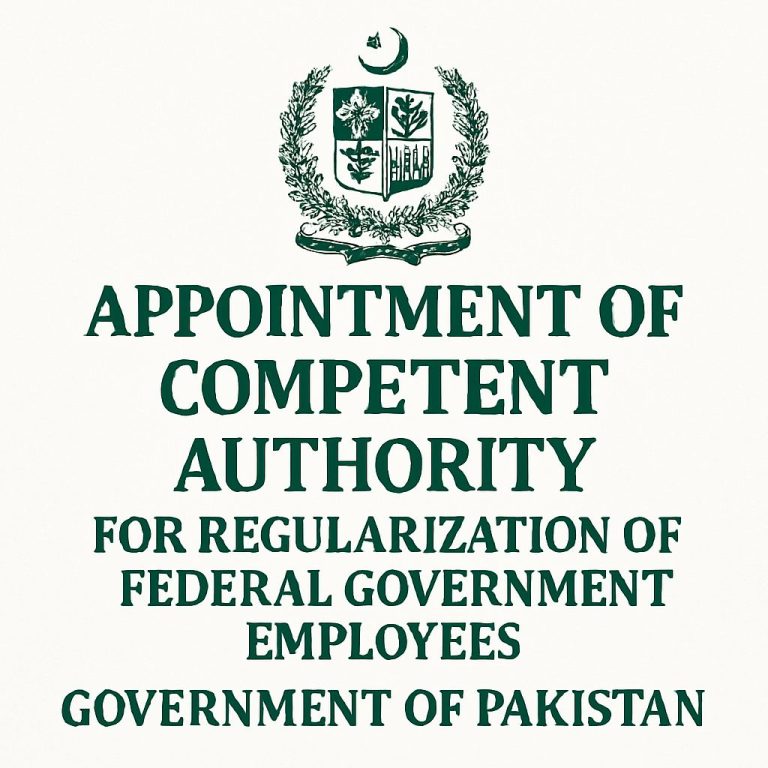
The digital age has transformed how we live, work, and interact. While technology has brought immense convenience and connected the world, it has also brought challenges to mental wellness. The constant barrage of notifications, social media comparisons, and digital overload can take a toll on our mental health. As we move into 2025, it’s important to find a balance between our digital lives and mental well-being. Here’s how we can navigate the digital world without compromising our mental health.
1. Digital Detox and Screen Time Management
With screens being an integral part of daily life, it’s essential to take regular breaks from them. In 2025, setting screen time limits and practicing digital detox—where you disconnect from devices for a period of time—can help reduce stress and improve focus. Use tools and apps to track your screen time, and try setting boundaries like no phone usage during meals or before bedtime.
2. Mindful Social Media Consumption
Social media can often contribute to feelings of inadequacy, stress, and anxiety. In 2025, more people are becoming mindful of their social media consumption. Instead of endlessly scrolling, try to curate your feeds to include content that inspires, educates, or brings joy. Unfollow accounts that cause negative emotions and take frequent breaks from social media platforms to recharge.

3. Mental Health Apps and Resources
The rise of mental health apps in 2025 offers a wealth of resources to support emotional well-being. Apps like Headspace, Calm, and BetterHelp provide guided meditations, therapy sessions, and stress-relief exercises right at your fingertips. Use these tools to integrate self-care into your daily routine, whether it’s through mindfulness practices, journaling, or mood tracking.
4. Prioritize Real-World Connections
While technology enables us to stay connected globally, it’s essential to prioritize face-to-face interactions. In 2025, balancing virtual connections with meaningful real-world relationships is key to mental wellness. Spending time with family and friends, engaging in physical activities, and participating in hobbies outside of screens helps nurture emotional health and reduces feelings of isolation.

5. Healthy Sleep Habits
Excessive screen time, especially before bed, can disrupt sleep patterns and contribute to mental fatigue. In 2025, experts recommend setting a digital curfew and avoiding screens for at least an hour before bedtime. Creating a relaxing evening routine, such as reading, journaling, or listening to calming music, can improve sleep quality and, in turn, support mental wellness.
6. Set Healthy Boundaries with Work
The rise of remote work and digital communication tools has blurred the lines between personal and professional lives. In 2025, it’s crucial to set clear boundaries between work and downtime. Establish a work schedule that includes regular breaks, and avoid checking emails or working late into the night. Using productivity tools to manage tasks without overburdening yourself can also contribute to a healthier work-life balance.
7. Engage in Physical Activities
Physical health and mental health are closely linked. In 2025, more people are turning to fitness apps, virtual workout classes, and outdoor activities to reduce stress and improve mood. Whether it’s yoga, jogging, or a dance workout, incorporating regular physical exercise into your routine boosts endorphins and helps manage anxiety and depression.

8. Practice Gratitude and Positivity
In the age of constant digital information, it’s easy to become overwhelmed by negativity. In 2025, mental wellness practices like gratitude journaling, positive affirmations, and focusing on the present moment are essential for combating negativity. Spend a few minutes each day reflecting on what you’re grateful for and celebrating your successes, no matter how small.
9. Seek Professional Help When Needed
Despite the abundance of self-help resources, it’s important to recognize when professional support is needed. In 2025, virtual therapy and online counseling platforms make it easier than ever to access mental health professionals. Don’t hesitate to seek help from a licensed therapist or counselor when feeling overwhelmed, anxious, or depressed.
Conclusion
Mental wellness in the digital age of 2025 requires conscious effort, intentionality, and self-care. By setting healthy boundaries with technology, prioritizing real-world connections, and utilizing mental health resources, we can maintain our emotional well-being in an increasingly digital world. Finding balance is essential for thriving in this modern age, and with the right tools and strategies, we can safeguard our mental health while navigating the digital landscape.



